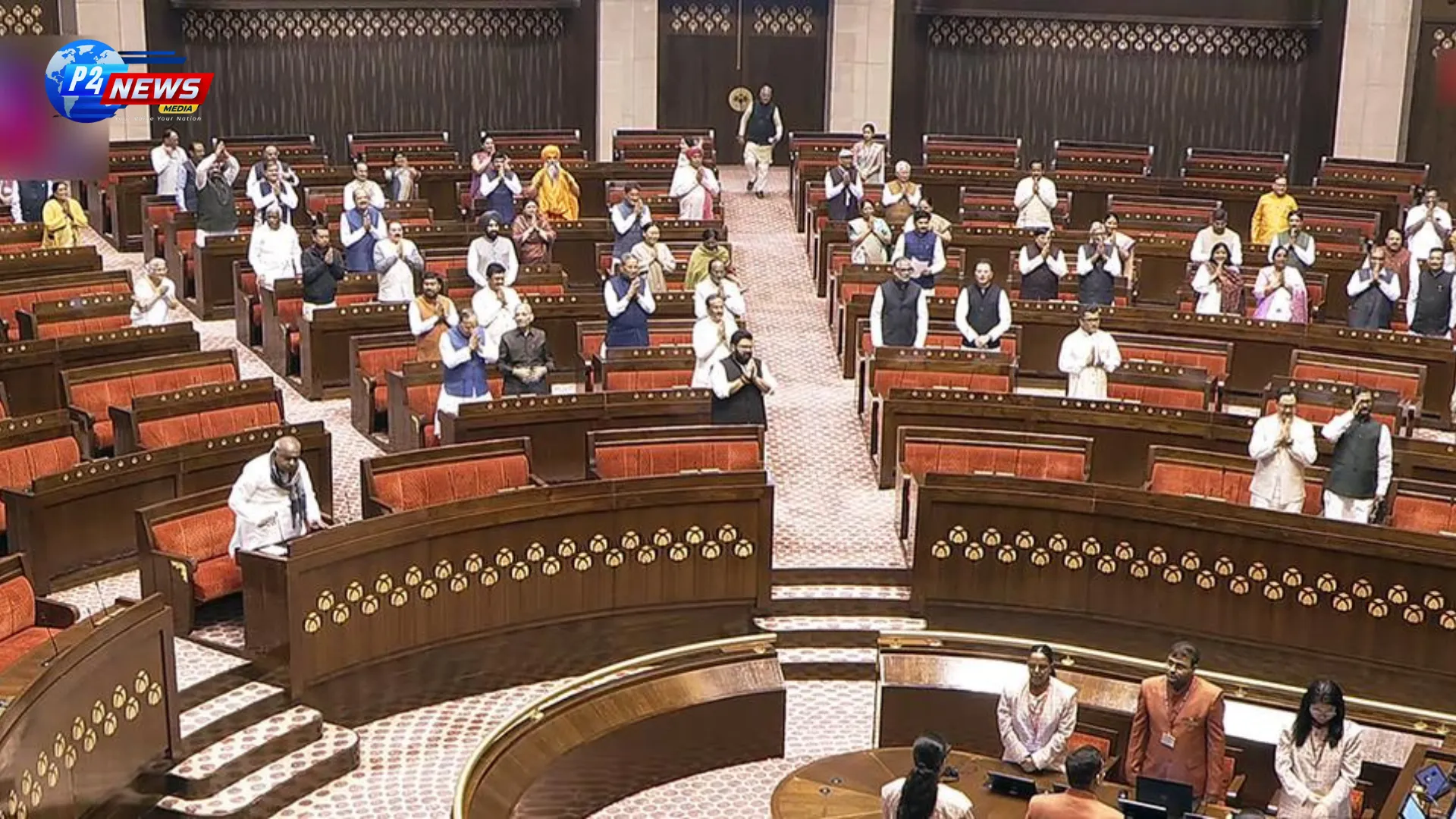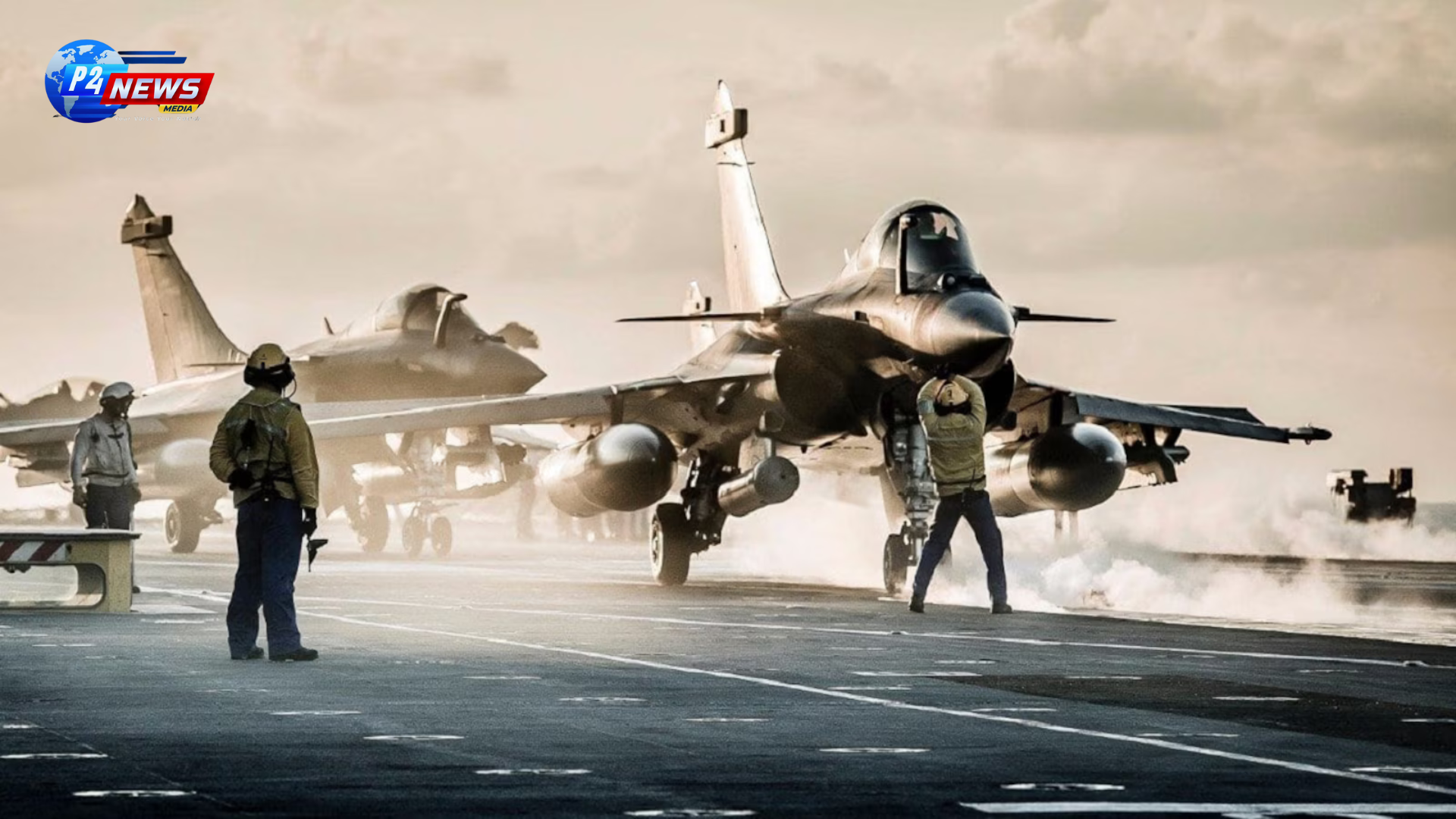The recent deadlock in the Indian Parliament has come to a close as the ruling government and opposition parties reach a consensus, paving the way for a crucial discussion on the Constitution. This collaboration marks a significant step towards ensuring the smooth functioning of the legislature amidst pressing issues.
After a challenging week marked by a standstill in the Indian Parliament, a breakthrough was achieved as the government and opposition parties reached a mutual agreement on Monday. This resolution has introduced a timeline for a special debate regarding the Constitution across both Houses. With increasing pressure from various factions within the INDIA bloc, as well as its own Members of Parliament (MPs) eager to raise pivotal issues, the Congress party recognized the need for a strategic shift to navigate the impasse effectively.
The prolonged disruption of Parliament, which began on November 25, stems from various contentious issues, notably including the alleged indictment of Adani by US prosecutors, incidents of violence in Sambhal, and the ongoing unrest in Manipur. During a pivotal meeting convened by Lok Sabha Speaker Om Birla, leaders from all parties expressed their commitment to collaboratively discuss the Constitution during this parliamentary session.
Kiren Rijiju, the Parliamentary Affairs Minister who actively participated in the meeting, expressed optimism regarding the functioning of both Houses moving forward. The Lok Sabha is scheduled to engage in discussions around the Constitution on December 13-14, with the Rajya Sabha following suit on December 16-17. This initiative is particularly significant as it coincides with the commemoration of the 75th anniversary of the Constitution’s adoption by the Constituent Assembly.
Earlier in the day, several opposition MPs convened with Speaker Birla, emphasizing their desire for a focused discussion on the Constitution and urging him to allocate dates for this. However, they continued their protests over the Adani indictment, the violence in Sambhal, and other pressing matters, complicating the legislative process and leading to repeated adjournments.
The initial week of the winter session witnessed a complete washout, primarily attributed to the Congress party’s insistence on a thorough discussion surrounding the Adani controversy, clashing with the government's hesitance to engage. Nonetheless, internal pressures mounted within the Congress, igniting frustrations among party MPs and inspiring opposition leaders to reconsider their approach.
Conversations among INDIA bloc leaders, including Rahul Gandhi, the Leader of the Opposition in the Lok Sabha, illuminated a growing consensus that the ongoing strategy of protests was ineffective. The Left parties within the bloc underscored this viewpoint, advocating for an alternative strategy that would enable participation in legislative affairs.
In a decisive move, the Congress party opted to reformulate its parliamentary tactics, while steadfastly maintaining its resolve regarding the Adani issue. Congress leaders agreed to coordinate an opposition sit-in protest at Makar Dwar before parliamentary proceedings resumed on Tuesday, aiming to highlight their ongoing concerns while simultaneously engaging in legislative discussions.
General Secretary K C Venugopal reiterated that the opposition’s demand for a Constitution discussion remained a priority. Furthermore, he stated their willingness to cooperate with the government, contingent on the genuine facilitation of parliamentary functions. The BJP, on its part, asserted that it had emphasized the need for a Constitution discussion since the winter session’s first Business Advisory Committee (BAC) meeting, suggesting that Prime Minister Narendra Modi may also address this topic.
Jairam Ramesh, the Congress general secretary for communications, criticized the government for its lack of initiative to facilitate Parliament's functionality. He claimed that even as the opposition appeared prepared to engage in meaningful discussions, the government appeared reluctant to allow proceedings to occur, calling it a troubling deviation from parliamentary norms.
Ramesh also dismissed reports suggesting rifts within the opposition regarding the Adani issue, asserting unity among various parties on this critical matter. He referenced multiple pivotal issues like the unrest in Manipur, the Places of Worship Act controversy, and others, emphasizing the myriad concerns that underline the opposition's collective stance.
Despite some factions within the INDIA bloc, like the TMC, not prioritizing the Adani controversy to the same extent as the Congress, the essence of collaboration remains crucial as various parties pursue discussions on pressing concerns such as unemployment, inflation, and perceived discrimination regarding fund allocations to opposition-led states.
As the opposition and government prepare to navigate the upcoming discussions, the imperative to foster constructive dialogue and consensus in the Indian Parliament has never been more pronounced.
'















Comments 0